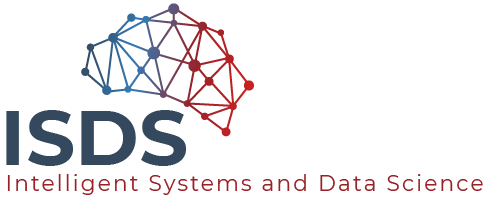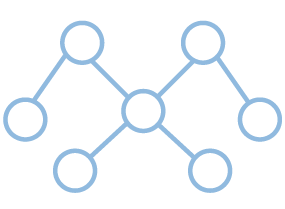Empowering Innovation: Highlights from GenAI & Amazon Bedrock Immersion Day
The field of Artificial Intelligence is rapidly evolving, and to stay ahead of the curve on June 11th Dr. Salatino organized the GenAI & Amazon Bedrock Immersion Day at KMi. This one-day hands-on event, led by Amazon, explored the transformative capabilities of Generative AI (GenAI) and Amazon Bedrock. With 18 attendees joining us in person […]


 Scholarly Knowledge Mining
Scholarly Knowledge Mining
 Digital Humanities
Digital Humanities
 Data Science
Data Science
 Smart Cities and Robotics
Smart Cities and Robotics
You must be logged in to post a comment.